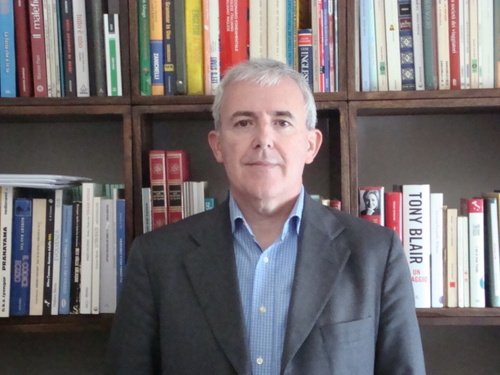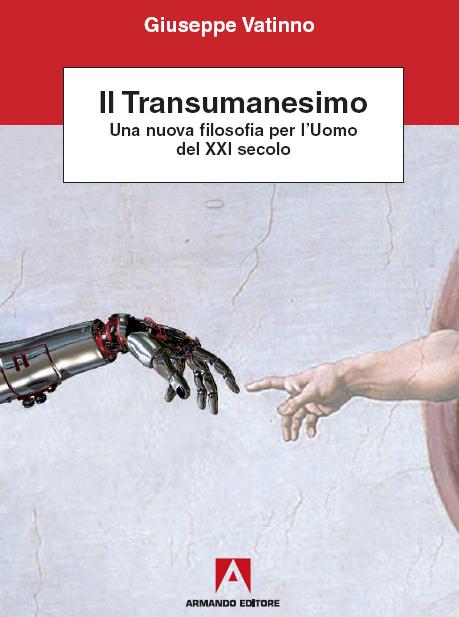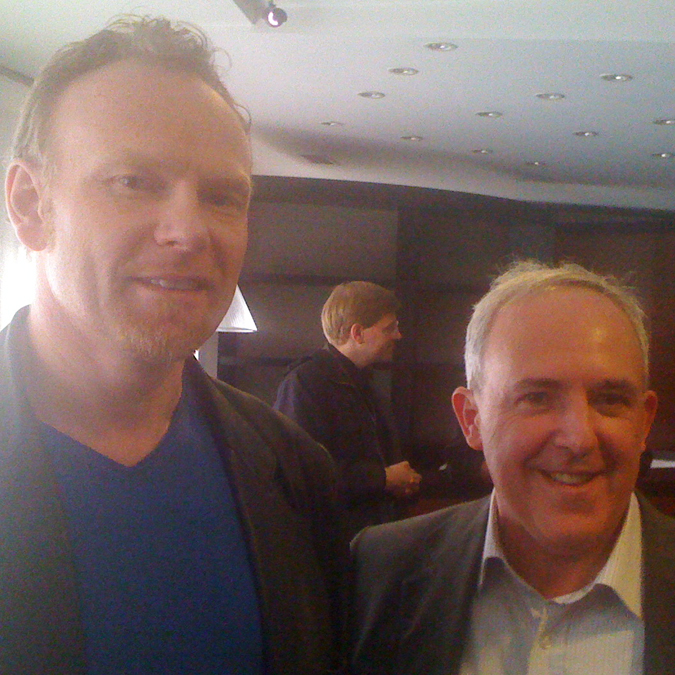Italy elects first transhumanist MP
August 26, 2012 by Giulio Prisco
A transhumanist congressman? In Italy? Seriously?
Yes. In July, Italy — ironically, a stronghold of the Catholic Church — became the first major Western nation to elect an active transhumanist.
Giuseppe Vatinno, a member of the Italian Parliament, ran on a platform of “politics that strive to improve the human condition, making use of appropriate advanced technologies.”
And not a moment too soon, as Italy slides dangerously toward bankruptcy and urgently needs a new direction.
How did this happen?
Transhumanism1 — the idea that we can radically change ourselves by merging with technology — already had a precedent in Italy: former Italian prime minister Silvio Berlusconi invested in MolMed, which aims to raise average life expectancy to 120 years and beyond — perhaps to continue ruling until that age? And transhumanism was already present in the work of the Futurist movement of Filippo Tommaso Marinetti, which had an important influence in Italian politics in the first half of the 20th century, and is explicitly transhumanist in its modern revival.
But it took someone more dedicated to the cause. Vatinno’s influential Il transumanesimo. Una nuova filosofia per l’uomo del XXI secolo (Transhumanism. A new philosophy for the man of the XXI century) has helped counter some of the cultural hostility to transhumanism, which is especially evident in Italy. (See video at 00:45.)
A graduate of the University La Sapienza in Rome in theoretical physics and specialized in particle physics, cognitive psychology, neural networks, and image processing, Vatinno teaches in the Masters program on energy and environmental issues at the Politecnico in Milan and the University La Sapienza in Rome.
As a member of the Parliamentary Commission for Environment and Public Works, Vatinno brings his futurist vision to policy making, especially in the energy sector.
He also credits the Italian Transhumanist Association (AIT), the Italian chapter of Humanity+, through its magazine Divenire (Becoming) for promoting transhumanist ideas in Italy. (Full disclosure: I have known Giuseppe for many years, and I serve with him on the Board of Directors of the AIT.)
A transnational movement
But Vatinno doesn’t see transhumanism limited to Italy. “I think transhumanism has the strength of a transnational movement,” he says, offering these tips:
- Support your arguments by a clear logical framework, based on the principle of cause-effect, and backed by data and forecasting models.
- Propose technological and scientific solutions. “For example, I believe that the environmental problem, an ‘existential risk,’ can be basically solved by advanced technology, combining the Proactionary Principle of the extropian philosopher Max More with sustainability, in a perspective that could be called ‘Tecnogaianism.'”
- Explain science. “The reactions of people during the election campaign, after explaining things, was always positive.” (Here’s where being a journalist and a writer helped Vatinno.) “But the scientists, the ‘lords of technology,’ must understand that sometimes they need to talk to ordinary people — explain and discuss — because only then we can hope to achieve a political consensus, crucial to real social change.”
“Transhumanism is a revolutionary philosophy, which tends to subvert old values, and create new ones,” says Vatinno. ” This is what useful technologies do: they just win, and that’s it.”
Transhumanism is a class of philosophies that seek to guide us towards a posthuman condition. Transhumanism shares many elements of humanism, including a respect for reason and science, a commitment to progress, and a valuing of human (or transhuman) existence in this life rather than in some supernatural “afterlife.” Transhumanism differs from humanism in recognizing and anticipating the radical alterations in the nature and possibilities of our lives resulting from various sciences and technologies such as neuroscience, neuropharmacology, life extension, nanotechnology, artificial ultraintelligence, and space habitation, combined with a rational philosophy and value system. — Max More


